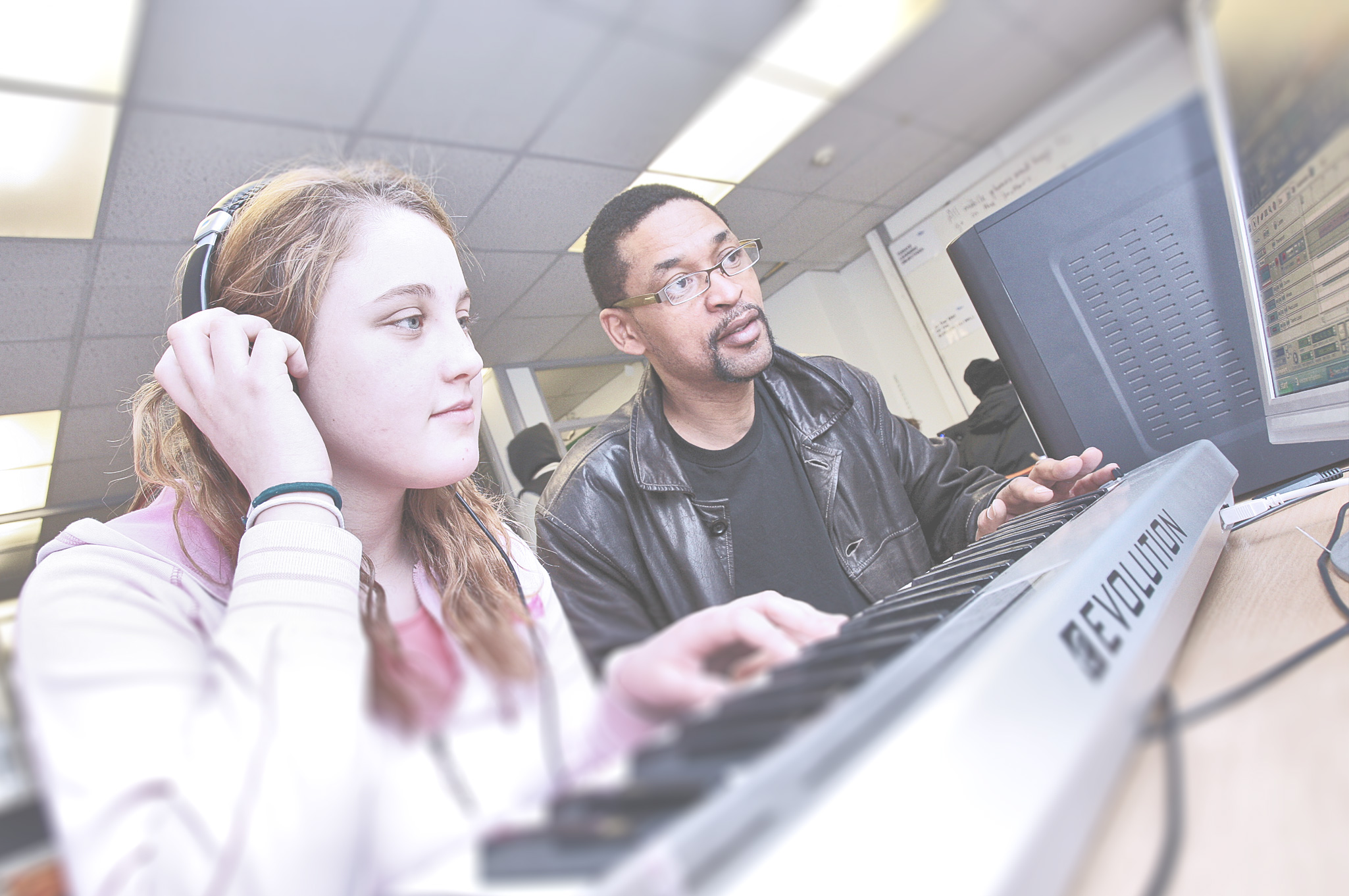Behaviour, Rewards and Sanctions Policy
Statement of Intent
StreetVibes Media Academy (SV) seeks to create an environment in which effective teaching and learning can take place.
The principle underlying this Behaviour Policy is based on respect:
- Respect for self
- Respect for others
- Respect for the environment
The policy seeks to put into practice the shared values of the community. The SV community consists of students, school staff and the wider community.
Respect for Self
Everybody should:
Behave in a sensible and appropriate manner
Respect for Others
Everybody should:
Respect for the Environment
Everybody should:
SV promotes good behaviour by displaying the SV Expectations, agreed by students, parents, school staff and governors, in all teaching rooms and around the school (see Appendix I).
Rewards
Praising students will raise their self-esteem, help them to learn to accept praise with good grace, enable them to appreciate their strengths, and recognise the success of others and help them to become positive members of society.
Praise can be linked to work, effort, willingness, contribution, co-operation, teamwork, thoughtful actions towards and for others and personal achievement and should be given when:
- it is above the standard for that group (class, form, year, subject)
- it is above the standard for that student
- it is of a consistently good standard
We should avoid giving rewards:
- as bribes e.g. for classroom control
- on demand
- in a way which causes embarrassment
- in a way in which devalues their worth to others (e.g. over use)
Types of reward include:
Sanctions
SV has agreed standards of behaviour with students and parents because it believes that good and thoughtful behaviour is essential for effective learning. We seek to prepare students to take their place in society. Students do not always conform to these agreed standards and a system of sanctions is therefore required. The school may seek reparation in whatever form to reimburse loss.
Sanctions can be linked to work, effort, behaviour and personal conduct and should be given when behaviour, work or effort is:
We should try to avoid:
What Sanctions Can We Use?
There are higher levels of sanction, which may be imposed after consultation with appropriate staff:
Support for Staff
It is important to remember that all members of staff work collectively to ensure and maintain the highest standards of behaviour.
Support is available at every stage and in every situation. Rather than work in isolation it is much better to seek help and use the procedures that exist. A number of staff will have dealings with a given student or group of students and there will be information available that could prove useful in assisting your classroom management.
Use of the Form Tutor/Mentor as a point of contact may prove beneficial as they can provide a wide overview of a student’s behaviour. The Head of Learning/Deputy Head can pull together staff for discussion and mutual support. Any member of the Student Mentoring Team can be approached to provide support and to discuss an issue.
Enlisting a senior colleague to visit and observe can help behaviour management in the classroom. Advice and suggestions based on observation are often of real practical benefit. Staff can be assisted in their work by related INSET. Head of Learning/Deputy Head should be contacted about what possibilities exist.
Management of behaviour requires all staff to have an open attitude and a willingness to take advice. Our collective responsibility to promote good behaviour will help to ensure a consistent approach across the school and move us towards being an institution where all students know what is expected of them.
Strategies for Promoting Good Behaviour
- We firmly believe in an active partnership between parents and school.
- Praising students for good behaviour (e.g. letters home, notes in contact books).
- Broadcasting information about successful events via newsletter, local newspaper.
- Regular assemblies which help to promote good behaviour.
- Staff being visible around the school, being seen to be interested in the students and in good self-discipline.
- Learning the names of students to let them know they belong.
- Displaying examples of good student work.
- Offering a wider range of extracurricular activities.
- Rewarding good behaviour as appropriate.
- Employing a flexible approach to the curriculum to attempt to meet the needs of all students.
- Pleasant school environment.
- Adults’ role as role models.
- Creating calm and orderly movement around the school.
- Organising education visits and social activities to reward good group behaviour.
- Providing students with opportunities to promote the values which they regard as important.
- Use of professional and positive language when dealing with students.
- Aim for self-discipline. Help students by providing a checklist relating to positive expectations.
Strategies for Discouraging Poor Behaviour
There is a range of strategies used for discouraging poor behaviour:
- Using sanctions as appropriate.
- Regular assemblies.
- Staff being visible around the school, being seen to be interested in the students and in good self-discipline.
- Learning the names of students to let them know they belong.
- Directing/encouraging students to be involved in extracurricular activities.
- Counselling/punishing poor behaviour, not the child but their action.
- Pleasant school environment and suitable organisational strategies.
- Seeking information and support from students.
- Bullying monitoring sheets.
- Use of parents and external agencies.
- Use of tutor group time and mutual support amongst peers.
- 12. Organisational strategies.
- Adults as role models (e.g. punctuality, standard of dress etc.).
- Creating calm and orderly movement.
- Providing students opportunities to identify undesirable behaviours.
- All staff will be provided with an opportunity to identify undesirable behaviours through the evaluation and monitoring of this policy.
- Annual review of student grouping using the Principal Tutor.
- Daily truancy/late checks and action.
- The Headteacher will take firm action against any pupil who abuses, harasses or makes malicious allegations against a member of staff, either in or out of school.
Monitoring
Monitoring is carried out in formal and informal ways by staff:
Evaluation
The policy will be annually reviewed by all staff and students via Staff Consultative meetings and the Governing Body. Alterations will be implemented as necessary.
- Criteria for evaluation will include:
- Students’ involvement in, and commitment to, the behaviour policy
- Effects of behaviour on the quality of learning
- The extent to which students demonstrate good habits of work and behaviour
- Students’ self-discipline and self-esteem
- Attitudes to one another, to school staff (teaching and non-teaching) and to visitors
- Aggressive behaviour or bullying
Related Policies
This policy should be used in conjunction with SV’s Teaching & Learning Policy, Discipline & Exclusions Policy and Use of Restraint Policy. SV’s Discipline & Exclusions Policy outlines the policy and procedure for applying exclusions sanctions for poor behaviour.
_________________________________________________________________________
*This policy was last updated on March 2023






